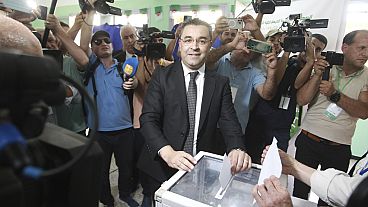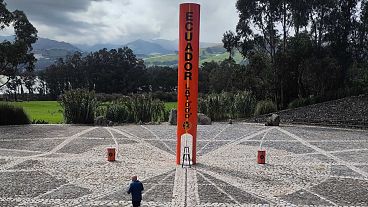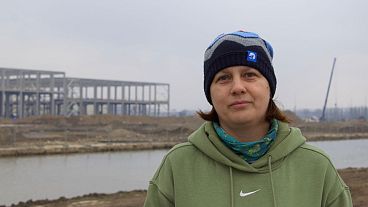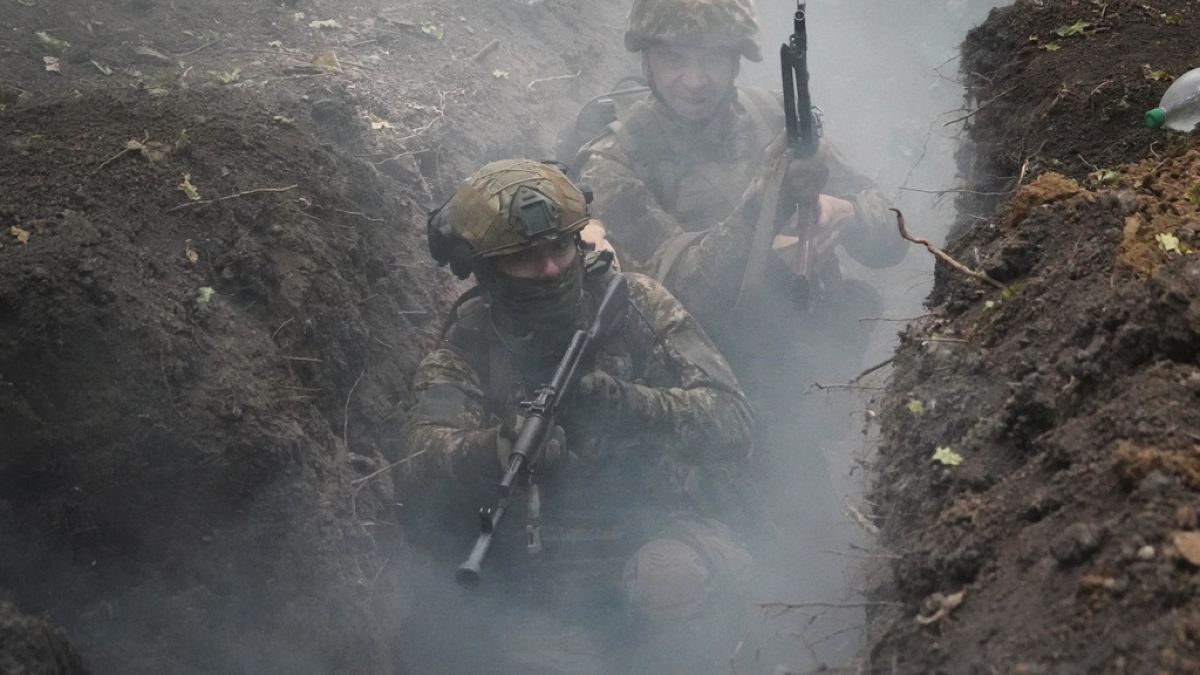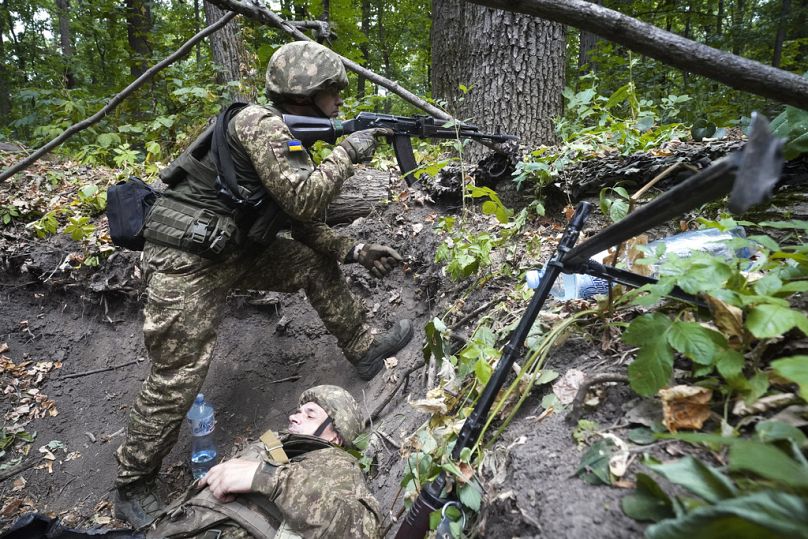Around 3,000 former prisoners were given the option to trade jail time for a role in the Ukrainian army as the war continues.
Thousands of Ukrainian convicts have been freed from jail to bolster the war effort and fight against Russia on the battlefield during the ongoing conflict.
They were given the option of trading jail time for time fighting on the frontlines. It means that some 3,000 prisoners were released thanks to a new law aimed at boosting Kyiv's fighting power.
That’s a significant figure, given that Ukraine’s prison population is around 42,000 in total.
The new recruitment law was approved by parliament in a mobilisation bill that took effect in June - and military leaders think the move can only be a good thing.
Over 30,000 Ukrainian troops have been killed during two and a half years of war and others are keen to continue the effort on behalf of their fallen countrymen.
“It's no secret that in the third year of the war, there are not many motivated fighters among the new recruits. These [ex-prisoner] guys are mostly motivated,” a military instructor with the call sign ‘Chub’ explains. “Motivation gives them a chance to survive. For all these actions - for good defence, attack, assault," he adds.
There’s other motivation for former prisoners too - like ‘Psycho’, a newly recruited military special forces soldier.
“The laws have changed a little bit - it's good for us. We can be useful, clear our name, start a new life. Help those who need us at the front,” he says.
‘Psycho’ has been training for three days. He is from the Kegychiv community in the Kharkiv region. He was sentenced to six years for robbery but, in the end, served less than a year, deciding instead to go to the front.
Every ex-convict in the programme is treated in accordance with the Armed Forces' charter and supervised by representatives of the Military Law Enforcement Service.
At a training ground in Kharkiv Oblast, an instructor is teaching recruits how to handle grenades. These future soldiers are part of the 57th Motorised Infantry Brigade - a group formed almost entirely of former prisoners.
This model will be replicated across Ukraine in the weeks to come as the war rumbles on.
After completing 40 days of training and coordination, all of the new recruits will join the rest of the battalion.
Prisoners not convicted of rape, sexual assault, murdering two or more people or crimes against Ukraine's national security are eligible to participate.
"Very good guys are fighting there. I want to fight, that's why I came here. Since 2014, I've been trying to get to this war, but I failed. I don't see myself in civilian life. I've been looking for myself for a long time in my life and I think I found myself in the army,” a special forces soldier with the call sign ‘Snake’ enthuses.
One Ukrainian deputy commander believes this new opportunity allows prisoners, many who had little hope for a better life, to actively shape their futures.
“The people themselves - they want to change their lives for the better, so there is no need to take any radical measures at the moment. If they need treatment, they go for treatment, if they need examination, they go for examination,” the deputy commander says. “They are members of the Armed Forces of Ukraine who have signed a contract. Therefore, they should be treated as military personnel."

